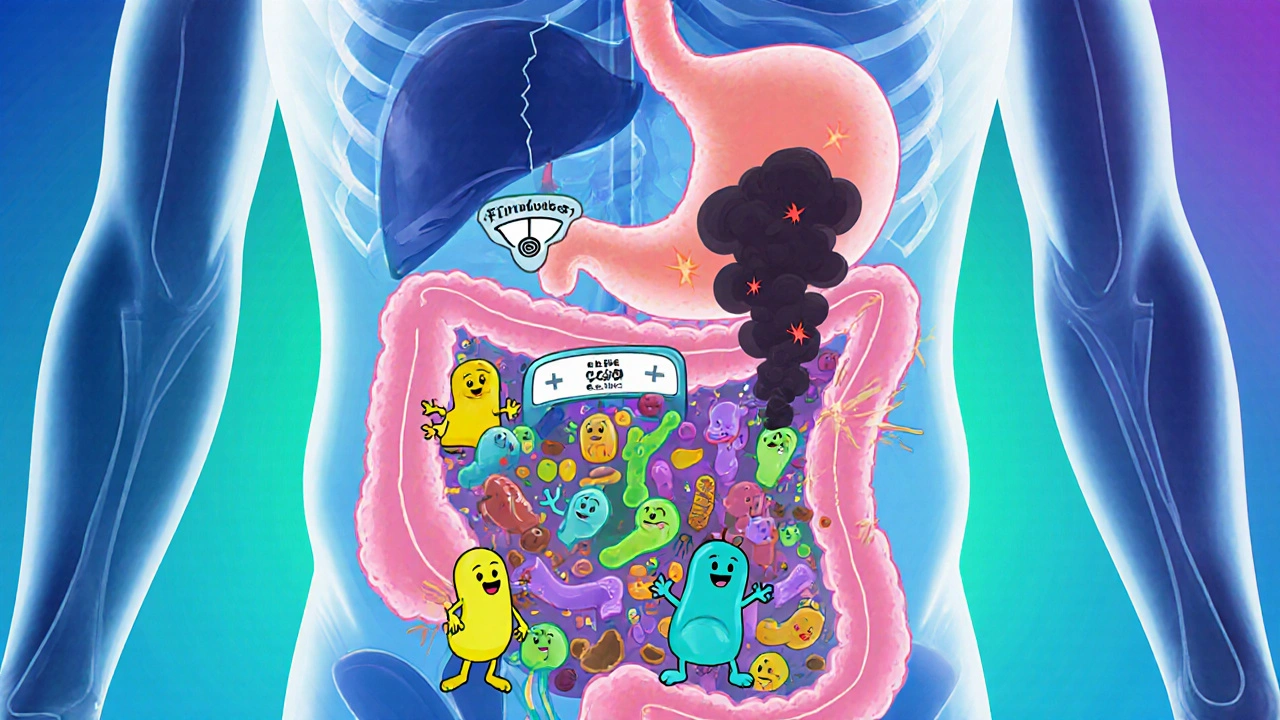Weight Loss: What Really Works and What to Avoid with Medications
When it comes to weight loss, the process of reducing body fat to improve health and function. Also known as fat loss, it’s not just about eating less—it’s about how your body responds to food, movement, and medication over time. Too many men try quick fixes, crash diets, or shady supplements, only to end up right back where they started. The truth? Sustainable weight loss isn’t about willpower. It’s about understanding your metabolism, knowing which medications actually help, and avoiding ones that do more harm than good.
Weight loss medications, prescription drugs approved to support fat reduction in people with obesity or related health risks. Also known as anti-obesity drugs, they’re not magic pills—but when used right, they can make a real difference. Drugs like semaglutide and liraglutide don’t just suppress appetite. They work on brain signals that tell you when you’re full, helping you eat less without constant hunger. But they’re not for everyone. If you’re on other meds—like those for diabetes, thyroid issues, or depression—some weight loss drugs can interact badly. That’s why checking with your doctor isn’t optional. It’s necessary.
Then there’s metabolic health, how well your body turns food into energy and manages fat storage. Also known as insulin sensitivity, it’s the hidden driver behind why some men lose weight easily and others struggle even on the same diet. Poor metabolic health means your body holds onto fat like a savings account—even when you’re eating less. That’s where conditions like insulin resistance, low testosterone, or thyroid problems come in. Many men assume their weight is just laziness. It’s rarely that simple. Your hormones, your sleep, your stress levels—they all play a role. And some of the posts here show how medications for diabetes or thyroid issues can actually help with weight loss, not just treat the main condition.
Don’t fall for the hype. Fat-burning teas, unregulated supplements, and online pharmacies selling "miracle" pills? They’re risky. Some contain hidden stimulants that can wreck your heart. Others are just sugar and caffeine. The FDA has pulled dozens of these products off the market. If you’re serious about losing weight, stick with science-backed methods. That means real medicine, real monitoring, and real lifestyle changes—not a 30-day challenge.
You’ll find posts here that cover how certain drugs affect weight—not just as side effects, but as tools. Some medications for diabetes help you lose weight. Others, like antidepressants or steroids, can make it harder. There’s also info on how to safely manage meds during weight loss, what to watch for with drug interactions, and how to avoid rebound weight gain after stopping treatment. This isn’t about quick fixes. It’s about building a plan that lasts.
Discover how gut microbiota influences obesity and how specific probiotics can support metabolic health. Learn which strains work, why results vary, and how to use them effectively for lasting weight management.

